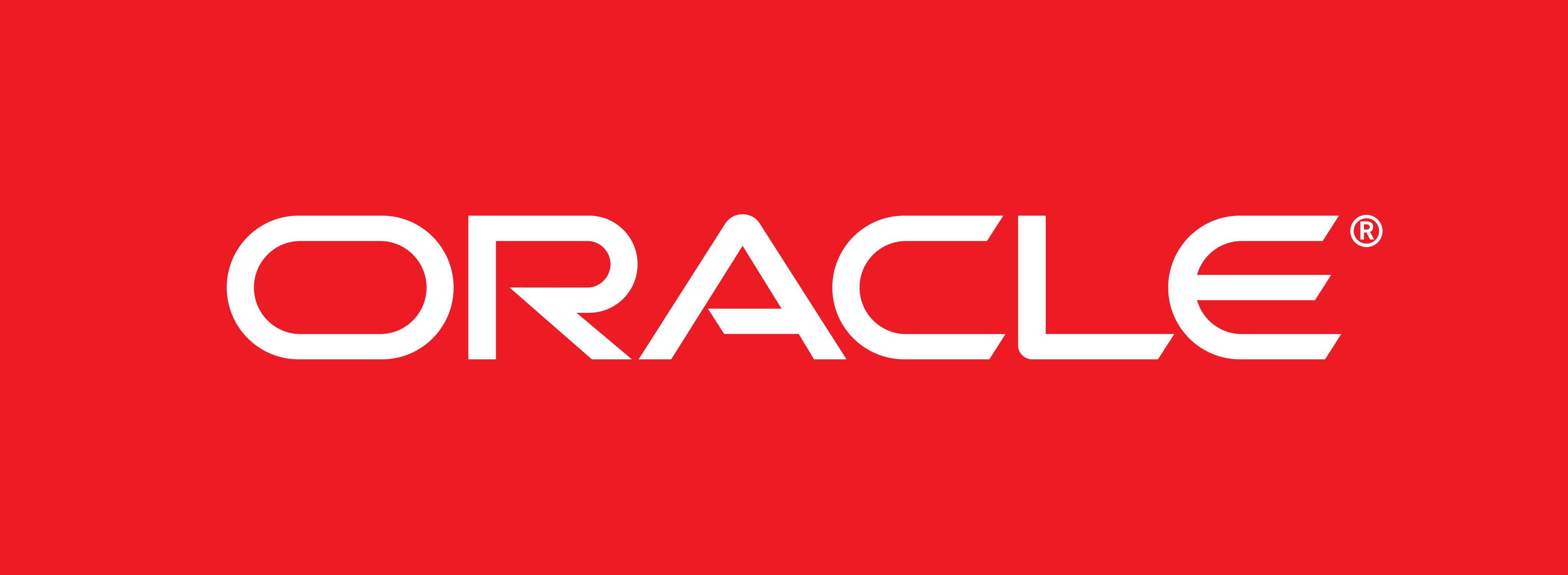Why Restaking Will Spawn the Next Layer of Web3 Oracles
 chain box
chain boxTable of contents

What Exactly Is an Oracle?
Think of blockchains as brilliant but isolated computers—they can execute complex logic but have no idea what's happening in the real world. Smart contracts don't know stock prices, weather data, or sports scores.
Oracles are the messengers that bring real-world information into blockchain. But here's the challenge: how do you ensure these messengers tell the truth?
How Oracles Work (Simple Version)
Take a drought insurance contract that pays farmers when rainfall drops below 2 inches:
Multiple nodes gather weather data from various sources
They reach consensus on the actual rainfall amount
Data gets delivered to your smart contract
Economic security ensures honesty—lie and lose your staked tokens
The problem? Current oracles face trade-offs between security, cost, and specialization. That's why we have great crypto price feeds but poor oracles for niche data like carbon credits or sports stats.
Now, here's where the plot thickens. The oracle problem has been crypto's persistent headache since day one. But let me explain this with a simple analogy first.
Imagine a Smart Vending Machine Story:

Picture 1: It's 15°C outside. The oracle (trusted person) checks the temperature and reports it correctly to the vending machine.

Picture 2: The vending machine gets the cold temperature data and smartly offers hot coffee - perfect decision based on accurate information!

Picture 3: But here's the problem—what if the oracle is having a bad day? Or gets stressed? Can we always trust them to report honestly?

Picture 4: Now it's actually 25°C (hot weather), but someone bribes the oracle with money to lie about the temperature. The machine still offers hot coffee when people want cold drinks!
This is exactly the challenge Web3 faces. Smart contracts are incredibly powerful, but they're blind to real-world data—stock prices, weather, sports scores, and election results. They need oracles to feed them this information, but those oracles become critical points of failure and potential manipulation.
The Current Oracle Landscape (And Its Pain Points)
Let's be honest about where we stand today. Traditional oracle networks face some real challenges. Think of it like trying to start a new neighborhood watch program:
The Bootstrap Problem: New oracle networks struggle to attract both data providers and consumers simultaneously. It's like trying to start that neighborhood watch—residents won't join if there are no other participants, but nobody wants to be the first to commit. Why would validators join a network with no demand, and why would protocols use an oracle with few validators?
Economic Security Limitations: Most oracle networks rely on their native tokens for security, which is like having a security company that can only hire guards based on how valuable their own company stock is. This creates a ceiling on how much economic value they can secure. If their token crashes, so does their security.
Specialization vs. Generalization Trade-offs: Existing oracles are like trying to run a single news service that covers everything from sports to finance to weather. You either do one thing really well (like price feeds) or many things poorly. There's rarely enough economic incentive to support highly specialized oracle services for niche use cases.
Capital Efficiency: Here's the kicker—validators in traditional oracle networks lock up capital that can only be used for that specific network. It's like having a security guard who can only work for one building at a time, even when that building only needs protection for a few hours a day. The rest of the time, that capital just sits there earning nothing.
Enter Restaking: A New Paradigm
Restaking flips the script entirely. Let me use another analogy to explain this revolutionary concept.

Imagine you're a highly trusted security guard who already works full-time protecting a major bank (that's your ETH staking Ethereum). Now, what if you could use your excellent reputation and proven track record to also provide security consulting for multiple smaller businesses in the same neighborhood during your off-hours or breaks? You're not abandoning your main job—you're just leveraging your existing credibility to earn additional income.
That's essentially what restaking does. Instead of requiring validators to stake native tokens for each oracle network, restaking protocols allow validators to reuse their already-staked ETH (or LSTs) to secure additional services.
Think of it like this: you've already got your ETH staked and securing the Ethereum network. With restaking, you can essentially "moonlight" with that same stake to also validate oracle data, run keeper services, or secure any number of other middleware protocols. It's like being able to work multiple jobs with the same set of credentials and reputation.
But here's where it gets really interesting for oracles specifically.
Why Oracles Are Perfect for Restaking
Oracle networks are ideal for restaking protocols. Using our security guard analogy:
Lower Risk: Oracle mistakes are like bad consulting advice—serious but not catastrophic. Unlike consensus failures (abandoning your post), you can design fair punishment without scaring away honest participants.
Multiple Revenue Streams: Like experienced consultants earning from various sources, oracles generate fees from data consumers, first-to-report bonuses, and cross-chain opportunities—all shareable with validators.
Instant Network Effects: Once you have trusted restaked validators, new oracle networks launch immediately with day-one security. No more building trust from scratch.
The New Architecture
Instead of one massive security company handling everything, imagine specialized professionals forming flexible teams based on needs:
Modular Specialization: Validators choose their expertise—DeFi price feeds, weather data, or sports scores. Each gets dedicated specialist tracks.
Dynamic Allocation: Like Uber for validators. During high volatility, there is more focus on price feeds where pay is higher. Quiet periods? Spread across various services.
Cross-Chain Seamless: One security network works across all blockchains without separate teams everywhere.
Economic Guarantees: Want to secure $100M? Require enough restaked validators to make cheating financially suicidal.
The Challenges
Complexity: More options mean sophisticated tooling needed for validators.
Systemic Risk: Too much concentration could create correlated failures.
Governance: Coordinating upgrades across interconnected services is tricky.
Looking Ahead
We'll see oracle networks that dynamically adapt security based on demand, specialized services for niche use cases, and novel economic designs leveraging restaked validation.
The oracle problem won't be "solved" overnight, but restaking gives us tools to finally unlock real-world data's full potential in Web3.
Get ready for a world where your staked ETH doesn't just secure Ethereum—it powers an entire ecosystem of data validation services that make Web3 truly competitive with Web2.

Follow and Subscribe : chainbox
*🙏 Thanks for reading!
If this helped you understand the magic behind oracles and restaking, drop a like or share it with your Web3-curious friends. More deep dives coming soon!*
Subscribe to my newsletter
Read articles from chain box directly inside your inbox. Subscribe to the newsletter, and don't miss out.
Written by
